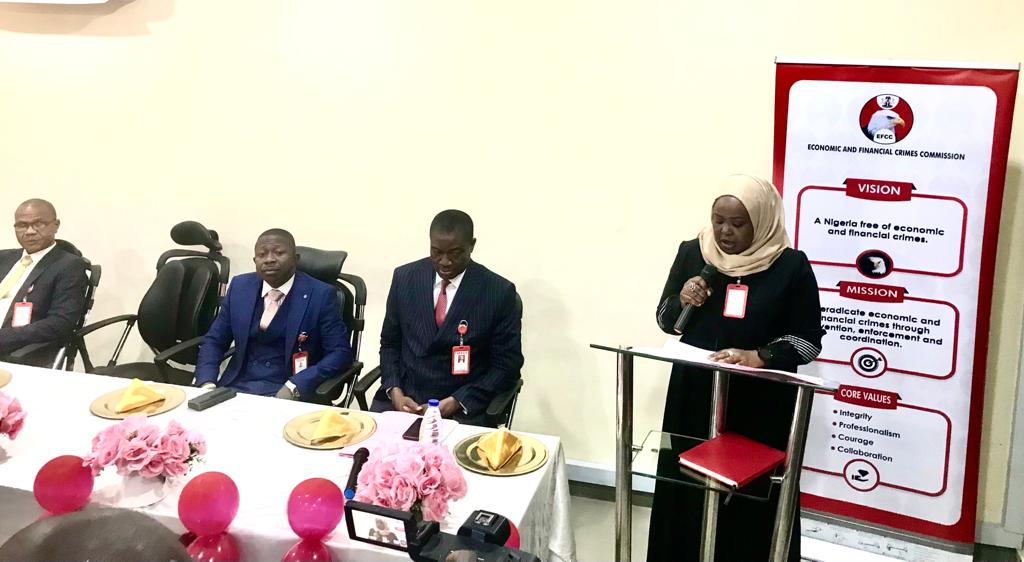Journalists have been trained on effective ways of reporting economic and financial crimes towards complementing the efforts of the Economic and Financial Crimes Commission (EFCC) in the fight against corruption in the society.
While addressing journalists during a day workshop on Effective Reporting of Economic and Financial Crimes, held at the EFCC Ibadan Zonal Command Office, the Assistant Commander of the EFCC (ACE1), who also doubles as the Acting Zonal Commander of Ibadan Office, Halima Mustapha Rufa’u stressed that the workshop was designed to upgrade journalists and enable them to discharge their duties as financial crimes reporters more efficiently.
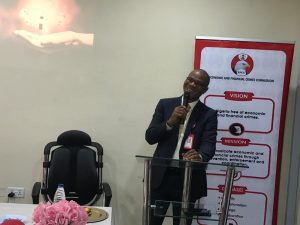
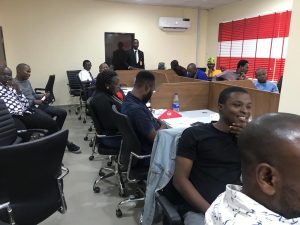
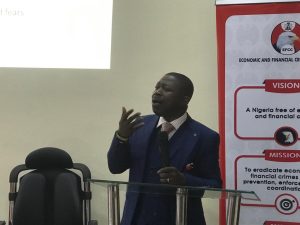
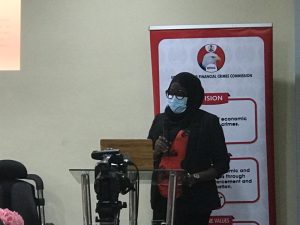
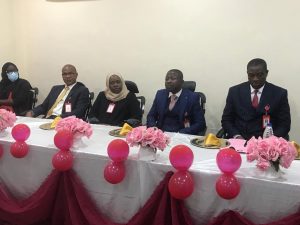
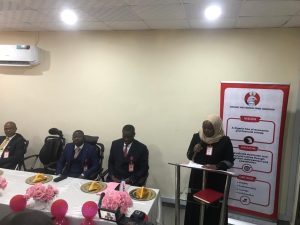
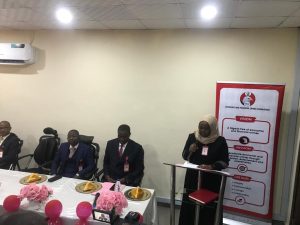
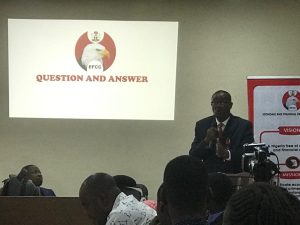
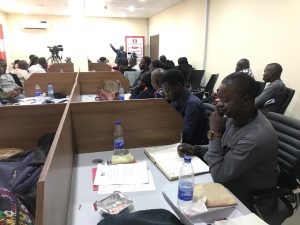
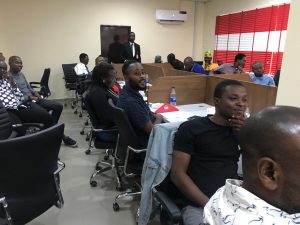
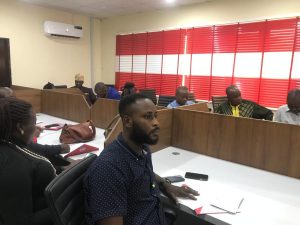
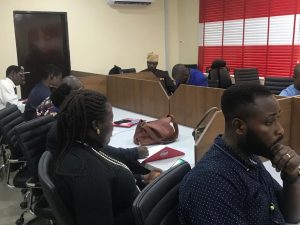
Halima also noted that the training session is buoyed by the appreciation of the fact that media occupy a strategic place in the fight against corruption.
She said, “Media are the vehicles through which the EFCC reaches the Nigerians public with information about our operations, media also play crucial roles in helping to mobilize the people to embrace the fight against corruption, this made the media one of the most critical allies of the EFCC.”
“I acknowledge the fact that what the EFCC is today is largely due to the support and critical views of the media, our partnership has been progressive and still evolving, we greatly value your critical reviews as it has ensured that we remain faithful to the Nigerian people in the discharge of our mandate and we owe the media a debt of gratitude for the successes we have recorded in the last twenty years.”
“I urge the media to continue to align itself with the progressive aspirations of Nigerians, to see that corruption is reduced to the bearest minimum, if not completely eliminated.”
“The impact of the Commission on the economic life of the nation is widely acknowledged, through the commission’s enforcement activities, recoveries running into several billions of naira have been recorded and the country’s anti-money laundering framework strengthened.”
“A key component of this framework is the reinvigorated Special Control Unit against Money Laundering (SCUML) which is driving the fight against money laundering and illicit financial flies among Designated Non-Financial Businesses and Professions(DNFBPs), on this score, I would like the media to educate family members and friends of politicians and others holding offices that they run the risk of going to jail if they allow their companies or bank accounts to be used to launder proceeds of illegal activities.”
“Under the Money Laundering Act 2022, family members and close allies of politicians and public office holders, including top civil servants are now classified as political exposed persons.”
“The EFCC is determined to ensure anyone who steals from the public treasury and all those who assist them to do so under whatever guise are brought to justice and ignorance of the law will not be an excuse.”
“Some of the challenges we face as anti-graft agency include the involvement of the youths in cybercrime especially within this zone, this development, in spite of the enforcement and enlightenment efforts of the commission is worrisome, I therefore appeal to the media to lend a hand in helping to sensitize the youth against internet-related fraud activities. The youth must be reminded that they can productivity use the resources available in cyberspace for legitimate pursuits without embracing criminality.” Halima said.
At the workshop, presentations were made by resource persons, as Assistant Commander of EFCC, ACE 1, Larry Peters Aso delivered lecture on “Understanding the New Money Laundering Laws In Relation to Activities of Designated Non-Financial Businesses and Professions”, while Assistant Commander of EFCC, ACE1, Dele Oyewale delivered a lectured titled “Investigative Journalism and Nigeria’s Fight against Money Laundering, while the lecture on “New Trends In Cybercrime: How not to Become a Victim” was delivered by the Chief Suprintendent Of EFCC, CSE Taibat Sallahdeen.
The Deputy Commandant of EFCC, who also doubles as the Head of Media and Publicity of the Commission, Mr. Wilson Uwujaren urged journalists to see fight against corruption as a collective responsibility.
He said, “we are grateful for what you’re doing for us now at EFCC and we want more support from you, the fight against corruption is not for EFCC alone but for all Nigerians.”
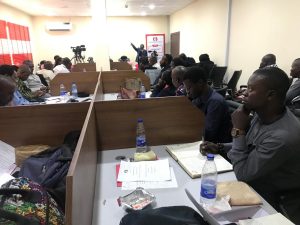
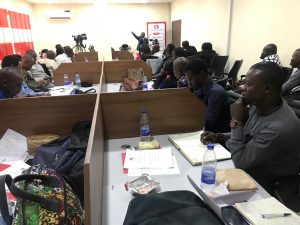
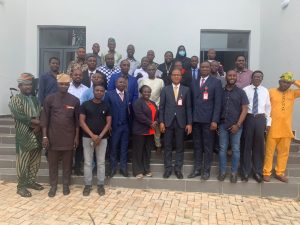
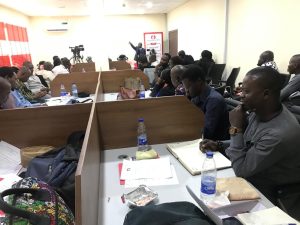
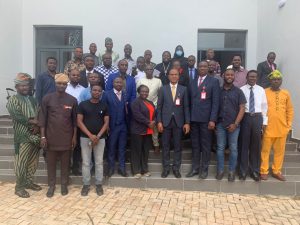
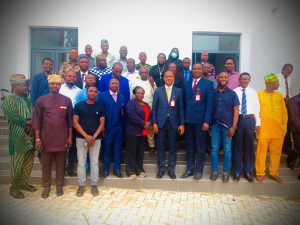
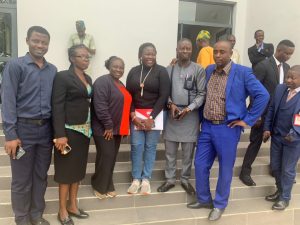
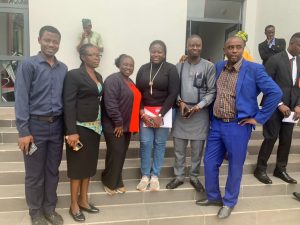
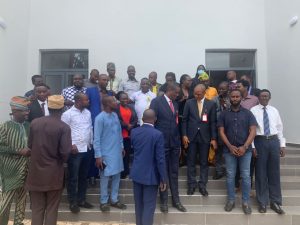
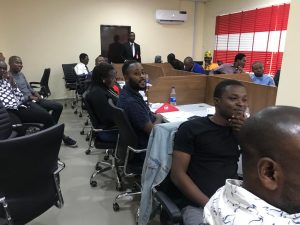
Wilson however urged journalists to up their games by embracing the technology and follow the new trend in order to improve themselves in their chosen profession, he also advised them to always value their names but not money, noting that money will always devalue them if they make it their priority.

